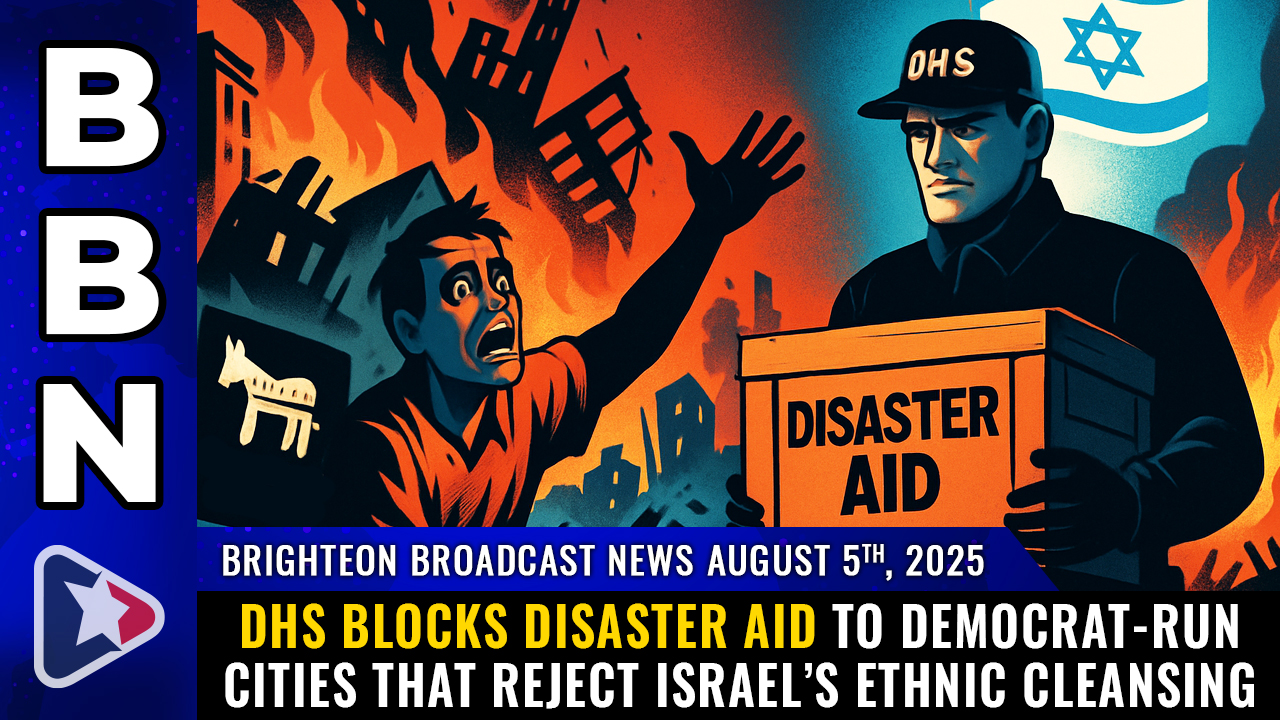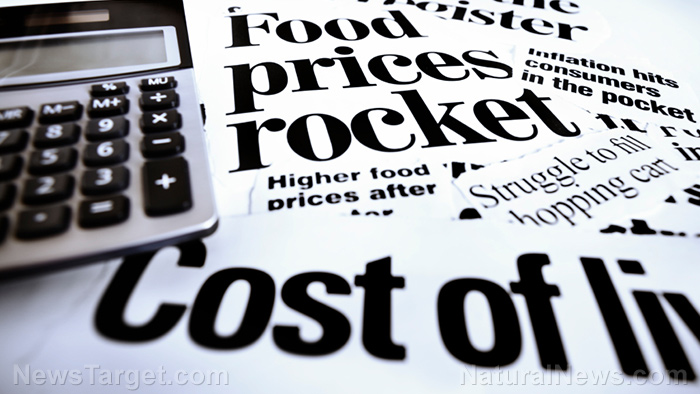 Parler
Parler Gab
Gab
- New Federal Policy: The Trump administration denies federal aid (including disaster relief) to U.S. states and cities boycotting Israeli-linked companies, framing such boycotts as "prohibited discrimination."
- Critics Decry Coercion: Civil rights groups accuse the policy of silencing dissent, prioritizing Israel over Americans, and setting a dangerous precedent by weaponizing aid for political compliance.
- Alignment with Israeli Policies: The move mirrors Trump’s support for Israeli settlements, crackdowns on BDS movements, and unconditional military aid, despite global condemnation of Israel’s treatment of Palestinians.
- Domestic and Global Reactions: Liberal Jewish organizations oppose the policy, while conservative Zionists endorse it. Palestinian voices gain media traction amid far-right alliances featuring Israeli symbolism.
- Democratic Erosion: Critics warn the policy deepens U.S. divisions, undermines free speech, and reinforces complicity in Israel’s occupation, posing long-term threats to Palestinian rights and American democracy.
The Policy Details
A document issued by the Department of Homeland Security (DHS) titled FY 2025 DHS Standard Terms and Conditions explicitly states that any municipal or state government participating in a boycott of Israeli-linked entities will be barred from federal assistance. This includes:- Disaster relief funds
- Emergency response support
- Infrastructure aid
Backlash and Accusations of Coercion
Civil rights groups, progressive organizations, and Palestinian advocates have condemned the measure as economic coercion, accusing the administration of:- Silencing Dissent: Punishing municipalities for criticizing Israeli policies, including its occupation of Palestinian territories.
- Prioritizing Israel Over Americans: Withholding aid from U.S. citizens while supporting Israel’s military actions abroad.
- Creating a Dangerous Precedent: Allowing federal aid to be weaponized for political compliance.
Broader Implications
The move aligns with the Trump administration’s broader alignment with right-wing Israeli policies, including:- Endorsement of Settlements: The U.S. has legitimized Israeli settlements in the West Bank, despite their illegality under international law.
- Crackdown on Palestine Advocacy: Criminalizing support for BDS (Boycott, Divestment, Sanctions) movements.
- Military Funding: Continued unconditional military aid to Israel, even as Gaza faces humanitarian collapse.
Global and Domestic Reactions
- Jewish Voices Divided: While many liberal Jewish groups oppose the policy, conservative Zionist organizations applaud it.
- Far-Right Alliances: Israeli flags have appeared at far-right rallies (e.g., Jan. 6 Capitol riot, European neo-fascist demonstrations).
- Palestinian Voices Amplified: Analysts note increased media representation for Palestinians like Mohammed El-Kurd and Noura Erekat—once marginalized in U.S. discourse.
Historical Context
The policy echoes past U.S. efforts to stifle criticism of Israel:- Censorship: Israeli military censors vet news stories before publication—unlike any Western democracy.
- Media Bias: Palestinians authored less than 2% of New York Times op-eds on Israel-Palestine from 1970–2020.
Conclusion: A Dangerous Turn
By conditioning aid on political loyalty to Israel, the Trump administration sets a precedent that could:- Deepen Domestic Divisions: Red states may retaliate against blue cities in future disputes.
- Undermine Democracy: Framing dissent as "discrimination" chills free speech.
More related stories:
Israel fears Trump could cut aid amid Gaza blockade, mirroring Ukraine shift Trump ends free foreign aid, demands allies pay full cost for military support (but not Israel) Trump administration weaponizes FEMA disaster aid, forcing states to pledge allegiance to Israel or lose critical funds Sources include: Brighteon.comSea of Galilee turns blood-red, sparking apocalyptic fears – but scientists blame algae
By Ava Grace // Share
By Finn Heartley // Share
Israel in secret talks to forcibly displace Palestinians to war-torn South Sudan
By Cassie B. // Share
Trump’s banking order targets political deplatforming but leaves payment giants unchecked
By Willow Tohi // Share
Global food prices surge to two-year high amid supply crunches
By Willow Tohi // Share
Governments continue to obscure COVID-19 vaccine data amid rising concerns over excess deaths
By patricklewis // Share
Tech giant Microsoft backs EXTINCTION with its support of carbon capture programs
By ramontomeydw // Share
Germany to resume arms exports to Israel despite repeated ceasefire violations
By isabelle // Share










